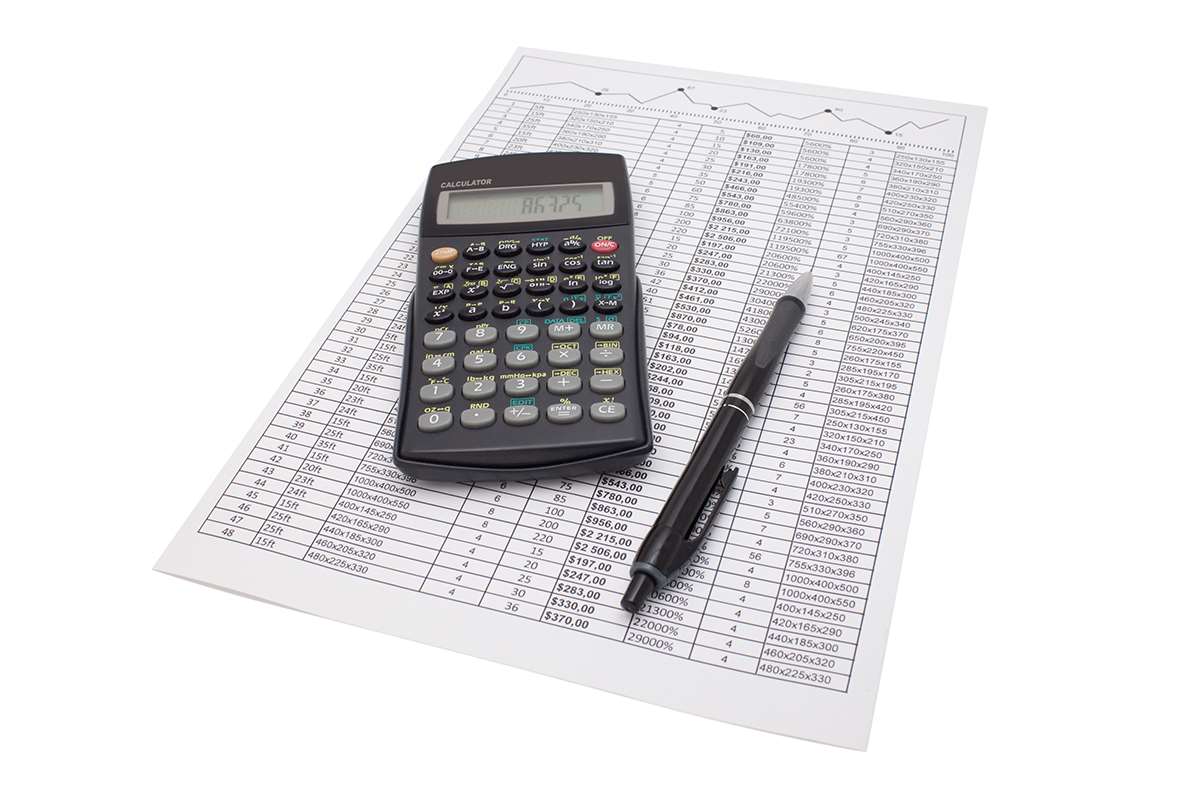Accounts Payable: Streamlining Processes for Efficient Business Operations

Payment activity report provides a detailed history of all vendor payments over a specific period. This report is invaluable for auditing, as it offers a transparent record of payment activities, including each accounts payable management payment’s date, amount, and recipient. Businesses can track spending patterns by analyzing this data, verify that payments have been correctly processed, and address vendor issues regarding payment disputes.

Strengthen internal controls and governance
- Once it’s approved, the invoice is ready to be paid, preferably using an electronic payment system.
- Accounts payable are amounts owed by a business to suppliers for goods or services that have not yet been paid for.
- Changes in accounts payable are reflected in the cash flow statement under operating activities.
- The Nividous platform natively includes RPA, AI, and BPM, allowing you to automate more tasks with enhanced process efficiency.
This report ensures that such adjustments are accurately reflected in the company’s financial records, maintaining the integrity of accounts payable data. It aids in maintaining healthy vendor relationships by ensuring https://www.bookstime.com/ timely payments. This report typically includes the names of vendors, the amounts owed, and the length of time each invoice has been outstanding, providing a comprehensive overview of the company’s liabilities.
What Is Accounts Payable Automation: Everything You Need to Know
Manual processes are also much more time consuming than computer or automated processes. This is because manual processes require humans to physically perform tasks and move papers from point A to point B, whereas computers automate these time-consuming processes. Additional delays appear during downtime when humans are not in the office or can’t be reached. Traditional AP management involves manual processes for many, most, or even all steps. In part this is a holdover from the time before computers and before modern software capabilities and automation platforms. For some organizations, the preference for holding onto manual processes because that’s how they’ve always done it and they believe these processes still work just fine.

Improve data and invoice accuracy
It can identify unusual patterns and flag suspicious transactions after analyzing invoice data, purchase orders, and other financial documents. Watch our on-demand webinar and discover how AI-powered intelligent automation helps you accelerate AP efficiency while reducing costs, eliminating manual errors, and optimizing cash flow. As with many other industries and tasks, robotic process automation for accounts payable is most helpful in rule-based scenarios. By themselves, bots are able to perform certain tasks the same way, repeatedly, day-in and day-out. RPA is especially helpful for organizations whose AP department processes invoices that always contain the exact same fields.
Nividous automated the entire AP process for this large manufacturing organization. It had multiple manufacturing plants and was receiving invoices in multiple locations, so its processes were entirely decentralized. Second, it used a large team to handle a high volume of invoices, making their processes cumbersome overall. Lastly, there was typically a large backlog of invoices because of the consistent high volume.
- It reduces manual errors and provides accurate, real-time data, allowing businesses to make more informed financial decisions.
- Centralization also typically involves going paperless, which offers further benefits, including reduced paper costs.
- A comprehensive end-to-end accounts payable software helps automate mundane tasks like, invoice data entry, GL codes and cost center assignment and approval routing.
- Confused coworkers wondering why their vendors haven’t been paid, a stack of paper invoices to process, and an afternoon full of manual data entry and chasing down invoice approvals.
They prefer instead for things to be streamlined, predictable, and transparent. All of the challenges described above combine to create a fourth challenge–strained vendor relationships. Manual processes that create errors and lead to payment delays cause frustration on the other end.
- Streamlined accounts payable processes and workflows can have drastic effects for your organization both at the individual level (employee morale) all the way up to the corporate level (bottom line).
- If you do not have the labor available, there are many brands of accounting software that can also keep an eye on things.
- Be proactive in building better vendor relationships by investing in an AP automation solution with a vendor portal.
- Accounts Payable organizes and maintains vendor contact information, payment terms, and Internal Revenue Service W-9 information either manually or using a computer database.
- Accounts payable (AP) refers to the obligations incurred by a company during its operations that remain due and must be paid in the short term.
Accounts payable are amounts owed by a business to suppliers for goods or services that have not yet been paid for. This is an entry in the company’s accounts that shows the money that it owes. Here are seven best practices that can help you streamline the AP process, making it more efficient and less prone to errors. These practices are designed to enhance payment accuracy and timeliness and leverage opportunities for cost savings and improved vendor relationships. AP reports play a significant role in financial forecasting by providing insights into recurring expenses and upcoming payments.

What is an accounts payable aging report?
As the volume of digital transactions increases, ensuring robust protection and confidentiality measures for sensitive data is important. Future accounts payable trends will witness a heightened focus on implementing advanced cybersecurity protocols and encryption technologies. This proactive approach aims to safeguard financial data, mitigate risks, and maintain the trust of stakeholders. The integration of the Internet of Things (IoT) and intelligent gadgets is poised to revolutionize accounts payable operations. Smart devices can provide real-time data on inventory levels, consumption patterns, and supplier interactions. This facilitates data-driven decision-making, automates routine tasks, and ultimately optimizes the efficient accounts payable process.

